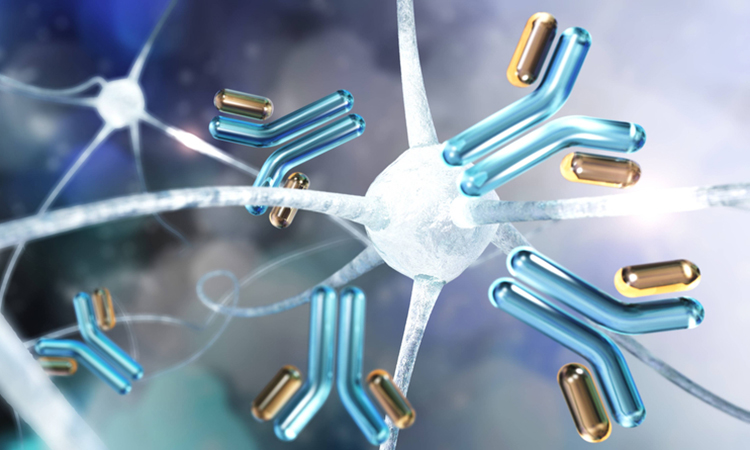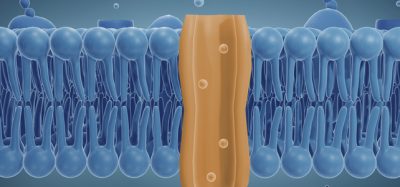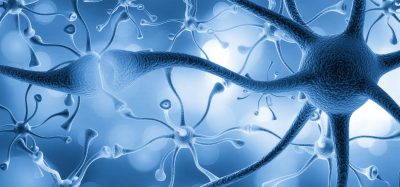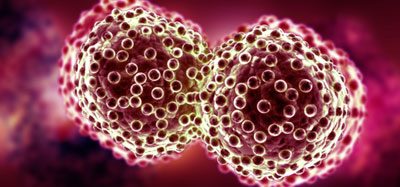AI tools aid the discovery of super tight-binding antibodies
Posted: 2 February 2023 | Izzy Wood (Drug Target Review) | No comments yet
An AI strategy developed by US scientists could accelerate the development of new antibody drugs.

Scientists at University of California (UC) San Diego School of Medicine, US, have developed an artificial intelligence (AI)-based strategy for discovering high-affinity antibody drugs.
In the study, published in Nature Communications, researchers used the approach to identify a new antibody that binds a major cancer target 17-fold tighter than any existing antibody drug. The authors say the pipeline could accelerate the discovery of novel drugs against cancer and other diseases, such as COVID-19 and rheumatoid arthritis.
In order to be a successful drug, an antibody has to bind tightly to its target. To find such antibodies, researchers typically start with a known antibody amino acid sequence and use bacterial or yeast cells to produce a series of new antibodies with variations of that sequence. These mutants are then evaluated for their ability to bind the target antigen. The subset of antibodies that work best are then subjected to another round of mutations and evaluations, and this cycle repeats until a set of tightly-binding finalists emerges.
In the new study, UC San Diego scientists designed a state-of-the-art machine learning an algorithm to accelerate and streamline these efforts. The approach starts similarly, with researchers generating an initial library of about half a million possible antibody sequences and screening them for their affinity to a specific protein target.
However, instead of repeating this process over and over again, they feed the dataset into a Bayesian neural network which can analyse the information and use it to predict the binding affinity of other sequences.
One advantage of their AI model is its ability to report the certainty of each prediction. “Unlike a lot of AI methods, our model can actually tell us how confident it is in each of its predictions, which helps us rank the antibodies and decide which ones to prioritize in drug development,” said senior author Dr Wei Wang, Professor of Cellular and Molecular Medicine at UC San Diego School of Medicine.
To validate the pipeline, the scientists set out to design an antibody against programmed death ligand 1 (PD-L1): a protein highly expressed in cancer and the target of several commercially available anti-cancer drugs.
Using this approach, they identified a novel antibody that bound to PD-L1 17 times better than atezolizumab, the wild-type antibody approved for clinical use by the U.S. Food and Drug Administration.
This approach is being used to identify promising antibodies against other antigens, such as SARS-CoV-2. The team are also developing additional AI models that analyse amino acid sequences for other antibody properties important for clinical trial success, such as stability, solubility and selectivity.
“By combining these AI tools, scientists may be able to perform an increasing share of their antibody discovery efforts on a computer instead of at the bench, potentially leading to a faster and less failure-prone discovery process,” concluded Wang.
“There are so many applications to this pipeline, and these findings are really just the beginning.”
Related topics
Antibodies, Antibody Discovery, Artificial Intelligence, Drug Discovery, Targets
Related conditions
Cancer, Covid-19, rheumatoid arthritis
Related organisations
University of California (UC) San Diego School of Medicine
Related people
Dr Wei Wang






